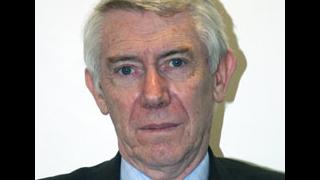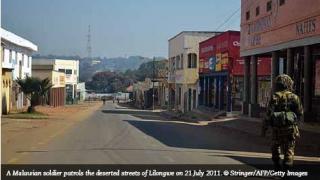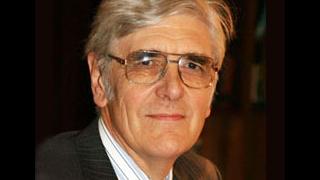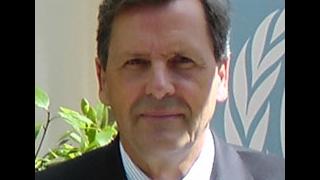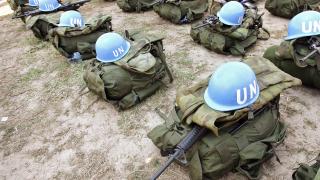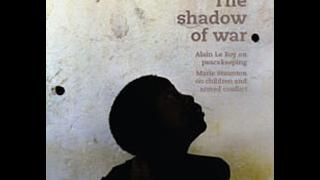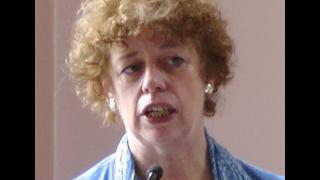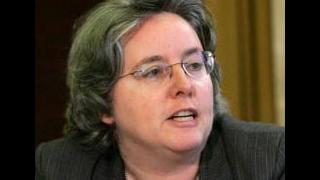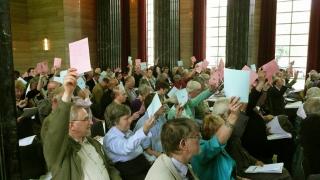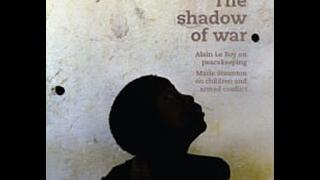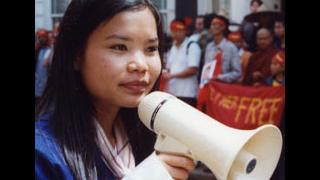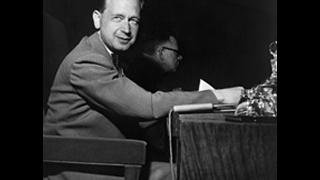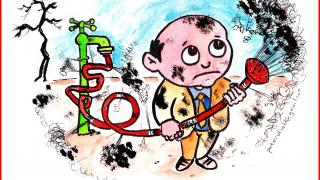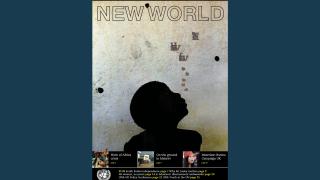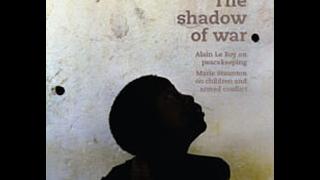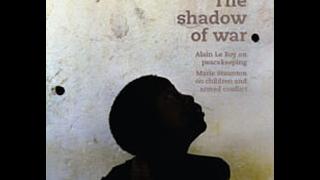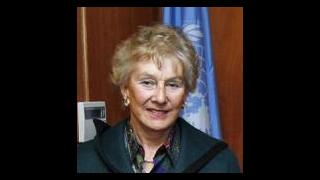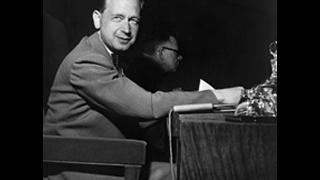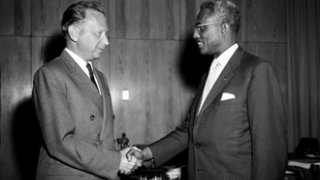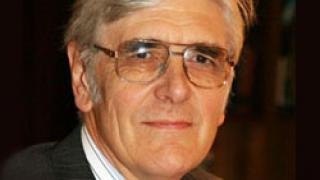
"More than 300,000 people became the victims of the reckless disregard for international norms by the warring parties. Indeed, the conduct of the war by them represented a grave assault on the entire regime of international law designed to protect individual dignity." In April 2011, a panel of experts convened by UN Secretary-General Ban Ki-moon published this damning indictment of the Government of Sri Lanka (GoSL) and the Liberation Tigers of Tamil Eelam (LTTE).
The report, which focussed on events leading up to the end of the country's long-running civil war in May 2009, accused both parties of committing human rights violations, including war crimes and crimes against humanity. It called for an international investigation, noting that as many as 40,000 civilians could have been killed in the final weeks of fighting, and that the majority of them died at the hands of the Sri Lankan army.
The GoSL has vehemently rejected the report. Its version of events is one of triumph over terrorism - a humanitarian operation that rescued Tamils from a ruthless terrorist group consistently criticised by the UN and NGOs for employing suicide bombers, child soldiers, torture and extortion. But even hard-line GoSL supporters are now beginning to realise that war crimes allegations are damaging it and need to be addressed. The government's domestic commission of inquiry is flawed and toothless. Meanwhile, continuing abuses in the country make talk of reconciliation sound increasingly hollow.
An independent investigation of allegations is acutely needed, above all by the people of Sri Lanka themselves. Without it, there can be no justice for the wronged; no healing for the victims; and, in a country marred by decades of propaganda and censorship, no objective account of what really happened in 2009. All are essential for long-term peace.
For those of us outside Sri Lanka, there is also much at stake. Mr Ban's panel made the deeply worrying statement that the "entire regime of international law designed to protect individual dignity" has been weakened by the GoSL's actions and perceived impunity. The government's scorched-earth tactics, the panel said, have "emboldened some to believe that these rules may now be disregarded in the cause of fighting terrorism".
A month after the war ended, the Sri Lankan President visited Burma, reportedly to advise the generals there on how to defeat their own insurgents. Turkish politicians have compared the Kurdistan Workers' Party (PKK) to the LTTE and suggested that the GoSL's actions could be a model for Turkey. And earlier this year, the GoSL held a military seminar on its victory, with representatives not only of repressive regimes in other developing countries but also of the US armed forces.
The appeal of a 'Sri Lanka model', which includes impunity for both recent war crimes and current abuses, makes the country a threat to international peace and security. It should therefore attract the attention of the UN Security Council. Failure to address this threat will only expose, once again, the weakness of the international system. Echoing reports on the UN's performance in Rwanda and Srebrenica, Mr Ban's Sri Lanka panel called on him to review the UN's own actions during and after the conflict. The UN has been criticised, inter alia, for not raising the alarm in autumn 2008, when it and other aid organisations were asked to leave the conflict zone, and for appearing to legitimise the GoSL's post-war conduct.
The rest of the international community did even worse. Just after the war, the states on the UN Human Rights Council (HRC) adopted a resolution congratulating Sri Lanka on its conduct. Countries including South Africa, Brazil, India and Pakistan voted for it. Contrast this with the HRC's action on Libya earlier this year.
At last, though, the tide appears to be turning. In recent weeks, the US has issued two warnings to the GoSL and a Congressional Committee has recommended suspending aid to Sri Lanka. The US reportedly plans to raise the situation at the HRC. Politicians in countries such as the UK and India have also hardened their rhetoric. But there is still a long way to go. Mr Ban says he needs authorisation from an intergovernmental body such as the HRC or the Security Council to set up an investigation. Yet, so far, neither body has even formally considered his panel's report. Nor has he officially asked them to do so.
Chinese and Russian support for the GoSL is perceived as a major stumbling block. However, we should remember that, in 2005, China allowed the Security Council to refer war crimes in Darfur to the International Criminal Court, despite the two countries' significant oil and economic ties, and this February, both China and Russia voted to do the same with Libya. And even if those two countries do remain firm, that should not excuse others' failure to speak out.
The international community failed to protect Sri Lanka's civilians in 2009. The least it can do now is insist on an international investigation.
Edward Mortimer is Senior Vice- President and Chief Programme Officer at the Salzburg Global Seminar and chair of the Sri Lanka Campaign for Peace and Justice. From 1998 to 2006 he served as chief speechwriter and then director of communications to UN Secretary-General Kofi Annan. For more information, visit www.srilankacampaign.org

